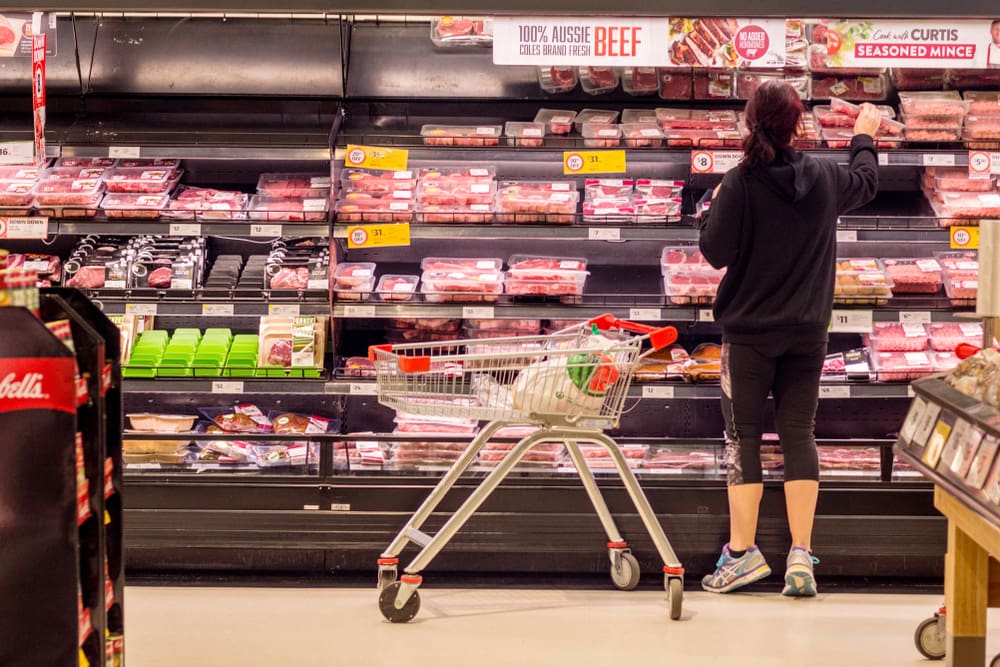
DOMESTIC red meat wholesalers are facing challenges in the post-Federal Election period, with high commodity prices at a time when pre-winter beef demand is in seasonal decline.
Federal (and even state) elections are notorious for undermining consumer confidence during their lead-up, with butchers often reporting flat sales as consumers feel uncertain about their future until the result is decided.
While that was evident again during April this year, it’s still too early to gauge whether domestic demand has yet bounced back following the Labor victory on Saturday. Some domestic retailers say the Trump tariff phenomenon in fact ‘trumped’ the election as an influence over recent consumer spending patterns on red meat.
Several wholesalers told us yesterday it was still a bit early to gauge domestic pricing and demand after the Federal Election, so we’ll circle back later this month for a deeper dive into pricing for selected cuts and trimmings.
“There’s been so many issues with shipping, container access, cold storage, tariff impact, production shortages due to holidays and weather disruptions and the Federal Election, everyone in the domestic trade is just so unsettled,” a large national domestic wholesaler told Beef Central yesterday.
“Nobody has yet found their groove for the second quarter,” he said.
“In our case, we’ve pulled up buying meat for the timebeing, because in our time in the trade (more than 40 years) I’ve never gone into the winter months (May-August) with meat prices from processors at the dearest they have ever been,” he said.
Winter months mean Australian consumers typically put the BBQ away for the season, with lower demand for grilling cuts and some growth in demand for slow cook items.
Short working weeks for meat processors since mid-April have come on top of heightened beef import demand out of China, and April beef exports at 127,000t being the fourth highest on record. All of that has impacted domestic wholesale prices this year.
In the retail versus food service space, recent ABS data shows some swing to retail red meat purchasing, as consumers uncertainty about the economy and tariff impact on their daily lives is reflected in less dining out activity.
One set of data (unconfirmed) offered by a wholesaler contact yesterday suggested the majors – Coles, Woolworths and Aldi – had seen sales up between 7pc and 14pc on a range of economical protein items including beef mince, sausages and chicken breast. Also growing, but to a lesser extent, was pork.
Normally, pork prices (impacted by little to no export) in Australia reach their peak prior to Christmas, falling away by April-May. This year, pork wholesale prices have remained high, but in relative terms, pork still looks like a ‘good deal’ compared with the rump or scotch fillet steak sitting beside it in the supermarket chilled cabinet.
The clear message in the numbers above is that consumers are currently looking for value – either trading down out of steaks or roasts into ground beef, or out of red meat into chicken/pork.
Woolworths’ fresh meat specials this week include beef sausages (two 550g packs $10, or $9.09/kg), Macro chicken breast $16/kg ($1.20/kg saving), rump steak ($18.75/kg, down from $21/kg) and four Classic beef burgers (500g total $8, or $16/kg).
Rival Aldi has chicken breast diced on special at $11.99/kg, three-star beef mince at $12/kg and rump steak at $28/kg.

HAVE YOUR SAY